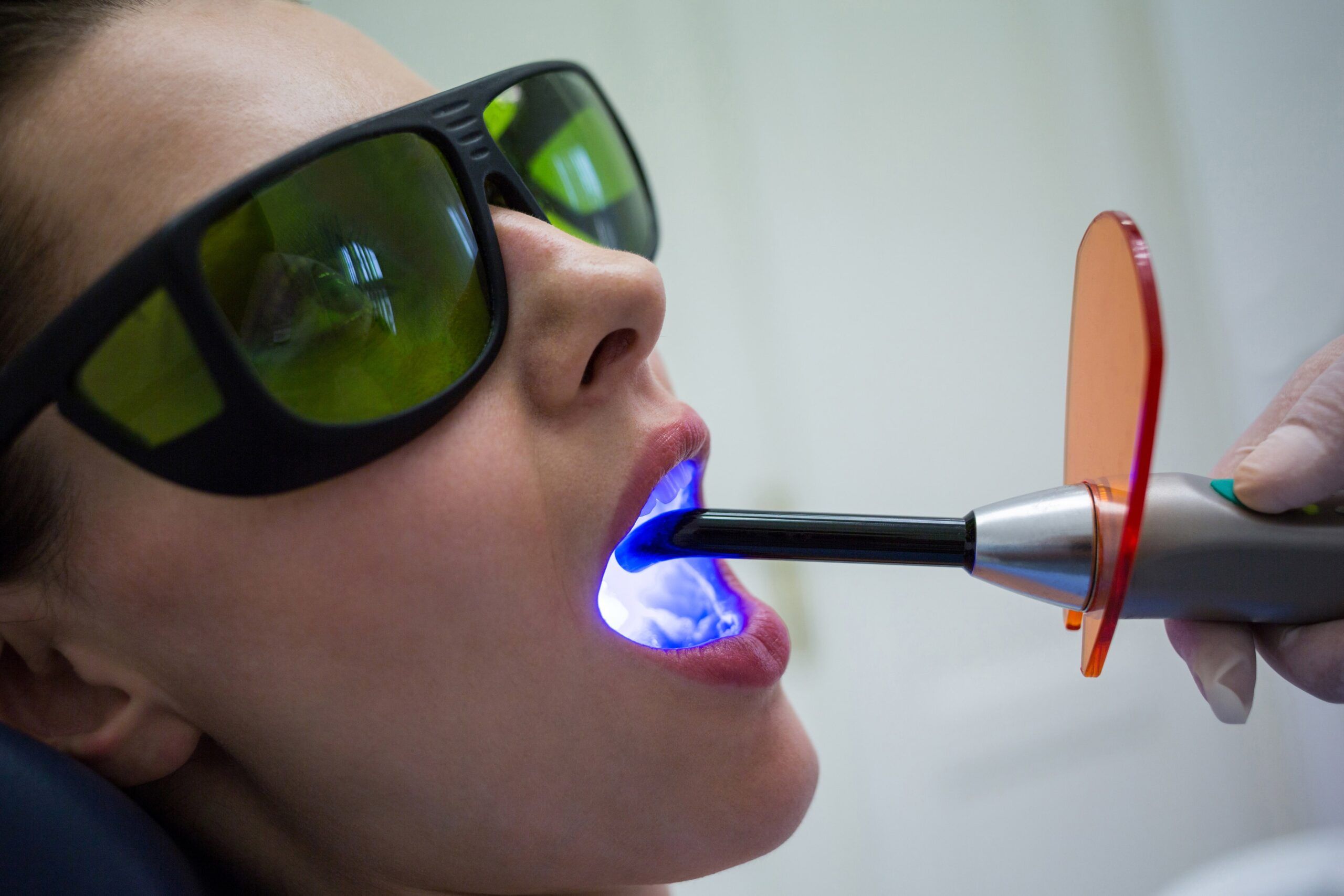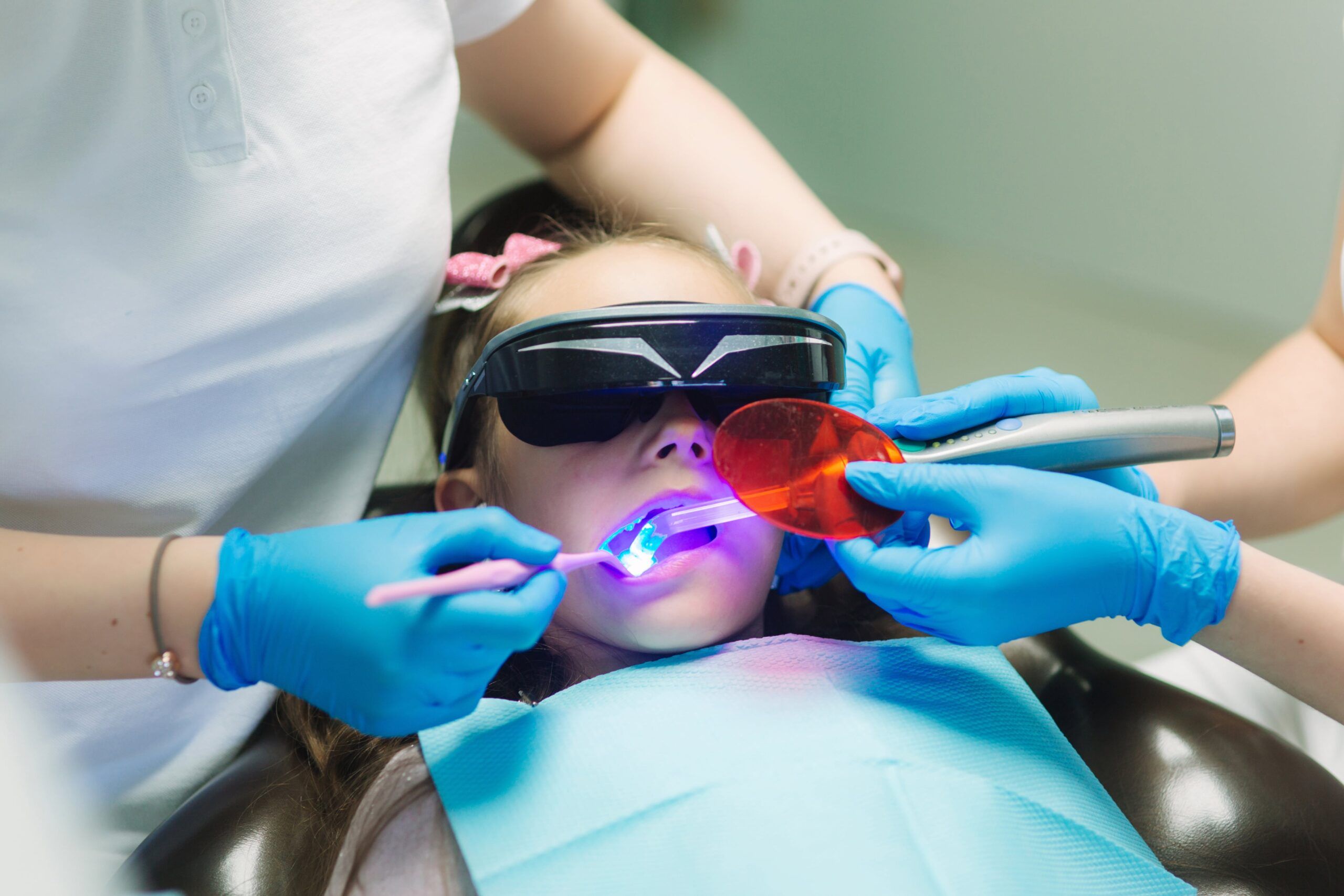

In recent years, laser dentistry has revolutionized traditional dental practices, offering precise and less painful treatments. Using intense beams of light, dental lasers enable a wide range of procedures, from soft tissue shaping to removal, advancing the field of dentistry.

In 1990, the FDA declared laser dentistry safe for public use. Since then, dentists have widely adopted dental lasers, which offer numerous advantages over traditional methods. These include reduced bleeding, anxiety, and post-treatment recovery times. Dental lasers are precise, causing minimal damage to surrounding tissue, resulting in less discomfort and pain. Other benefits include faster healing, preservation of natural tooth structure, decreased need for anesthesia and stitches, and lowered risk of post-procedural infections.
Laser dentistry offers a wide range of benefits across various dental procedures, from cosmetic enhancements to preventative care. Here’s how dental lasers are utilized:
Tooth preparation: Traditionally, drilling was necessary for tooth preparation, but lasers now eliminate this need entirely, along with the requirement for anesthesia. Additionally, they effectively eliminate oral bacteria around the surgical site.
Reshaping soft tissue: Dental lasers can reshape soft tissue to enhance the appearance of smiles, expose more of the natural tooth through crown lengthening, and alleviate discomfort from denture-related soft tissue folds.
Frenectomy: Lasers facilitate improved speech and feeding habits by addressing tongue ties in individuals of all ages.
Tumor removal: In cases of benign tumors in oral soft tissues, dental lasers offer painless and precise removal.
Whitening: Laser technology accelerates tooth whitening by enhancing the activity of bleaching solutions.
Biopsy: Lasers enable instant and precise biopsies of suspicious soft tissue areas.

Various types of dental lasers are designed to address specific conditions by utilizing different wavelengths of light. Commonly used types include carbon dioxide lasers and diode lasers, primarily employed for soft tissue treatments. The selection of the appropriate laser type is determined by the dentist following X-rays and a comprehensive examination.
During the procedure, protective glasses are provided due to the intense brightness of the laser beam. The dentist precisely targets the affected area, whether for soft tissue dissolution, filling hardening, or teeth whitening.
Laser dentistry offers several advantages over conventional methods, including reduced treatment time, minimal anxiety, and discomfort. However, it may incur higher costs compared to traditional approaches.
For any inquiries or apprehensions regarding laser dentistry, don’t hesitate to discuss them with us.

Brenner Dental Arts is committed to your well-being and smile. Our non-judgmental care caters to all dental needs. Book your visit at our Brooklyn office now or dial